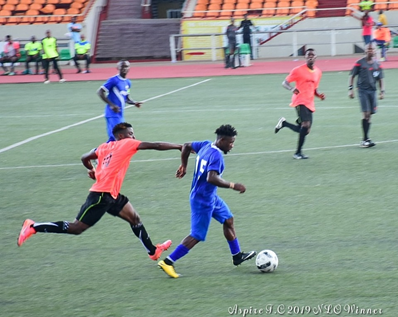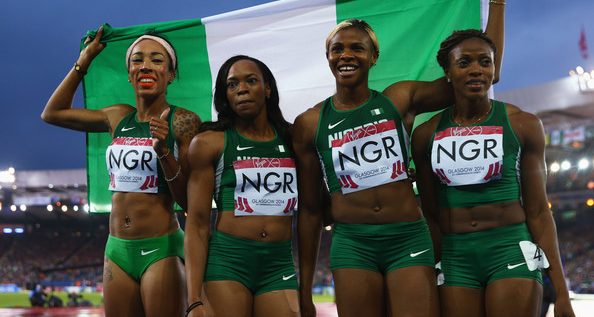WADA Rejects United States’ Reform Report

![]()
The World Anti-Doping Agency (WADA) has rejected United States report on reform of the organisation describing it as ‘misleading’ and ‘inaccurate’
WADA released a formal response to a United States government report which threatens to withhold funding if WADA doesn’t make what the United States deems sufficient reform.
In a letter to James W. Carroll, director of the office of National Drug Control Policy (ONDCP) on Friday, WADA president Witold Banka said it was “with great disappointment” that he read the 19-page ONDCP report.
“Given that, during our 12 June telephone meeting, we discussed a renewed spirit of cooperation, I would have expected your office to have consulted us on the Report; or, at the very least, to have verified the factual veracity of the allegations being made against WADA,” read the letter.
“Instead, in the days before publication, you informed us of the impending Report and asked us to verify three paragraphs by a certain deadline; and, when we did so in good faith, you chose not to incorporate our clarifications.
“As the saying goes, ‘why let the truth get in the way of a good story?’”
Banka’s letter was attached with an annotated version of the ONDCP Report, outlining “the misleading information and inaccuracies and the Report contains; and, what the Report omits in terms of factual information.”
The Report concluded that the United States was not represented enough in WADA proportionate to its contribution – 2.7 million United States dollars per year to the core budget of WADA – and that WADA had not made enough efforts in reform.
WADA rejected the Report’s accusations.
“The United States is very well represented within WADA – better than any other single nation; and this, since WADA’s creation in 1999,” it said.
“When the full range of Committees and advisory bodies are considered, the United States still has greater representation on WADA governance bodies than any other nation. Specifically, there are currently 11 United States representatives participating in governance roles within WADA as follows.”
WADA also said it was going through active reform including the formation of a Nominations Committee, an independent President and Vice-President, with a remuneration associated with the role of the President, a minimum of one seat each for both athlete and NADO representation in all Standing Committees and a limit of three, three-year terms (nine years in total) for all members of the Board, ExCo, and Standing Committees, with no possibility of stepping out for a term and returning.




